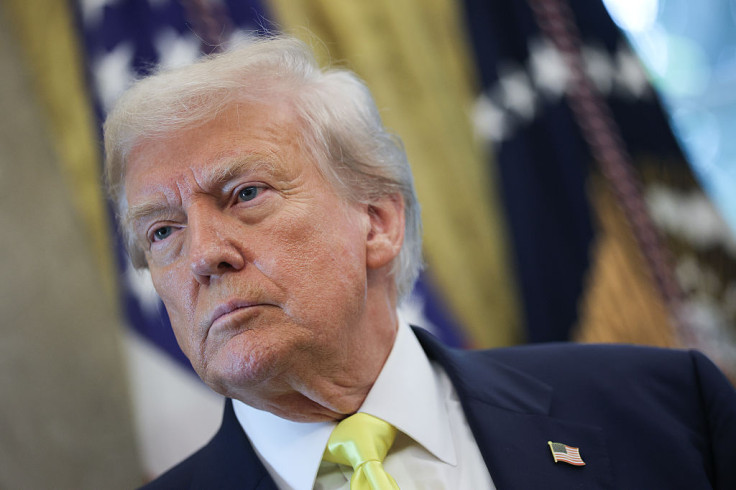
The Trump administration has carried out at least seven military strikes off the coast of Venezuela over the past eight weeks, killing 32 people without publicly disclosing who was targeted. In this context, a new report by Axios reveals that the operations, part of what officials describe as an anti-narcotics campaign, have increasingly merged with a broader strategy aimed at toppling Venezuela's authoritarian President Nicolás Maduro.
"Officially, our position is we're there to stop narco-terrorists," a senior administration official told the outlet. "We're going to blow up their boats. And we're going to be patient about it. No one is in any rush."
The report analyzed the reasons behind President Donald Trump authorizing CIA covert operations on Venezuelan soil while deploying warships, spy planes, drones, and bombers to the Caribbean. "It's not just the CIA, it's all of our intelligence capabilities," one insider involved in the discussions said. "The U.S. knows where Maduro is, where he stays, where he goes. If we wanted to kill him with a missile, we could have done it by now."
Axios noted that the pace of strikes could increase following the resignation of Admiral Alvin Holsey, the head of the U.S. Southern Command. Holsey reportedly raised concerns about the legality of the operations and moved more cautiously than Defense Secretary Pete Hegseth preferred.
The Pentagon denied that Holsey objected to the strikes but did not explain why he stepped down after only a year in the role, which typically lasts three. Pentagon spokesperson Sean Parnell defended the campaign, saying that "every action taken by the Department is deliberate, lawful, and precise."
Subsequent reports have confirmed that Trump authorized the CIA to conduct lethal covert operations against the Venezuelan government. Officials said the operations could extend throughout the Caribbean and are part of a broader effort to remove Maduro from power.
U.S. Ambassador to the United Nations Mike Waltz has said the campaign is "consistent with the law of armed conflict and Article 51 of the UN Charter," describing the strikes as an act of self-defense against "cartels and traffickers driving the deadly flow of drugs into our country."
Congress has not been briefed on the identities of those killed or the evidence used to justify the strikes. Senator Rand Paul (R-Ky.) has repeatedly questioned the legality of the campaign, saying the United States "should at least know someone's name before killing them." Representative Adam Smith (D-Wash.) called the lack of transparency "unprecedented."
Despite mounting scrutiny, administration officials have expressed confidence in the strategy. "We don't expect Maduro to stay," one official told Axios. "But we'll see."
© 2025 Latin Times. All rights reserved. Do not reproduce without permission.






